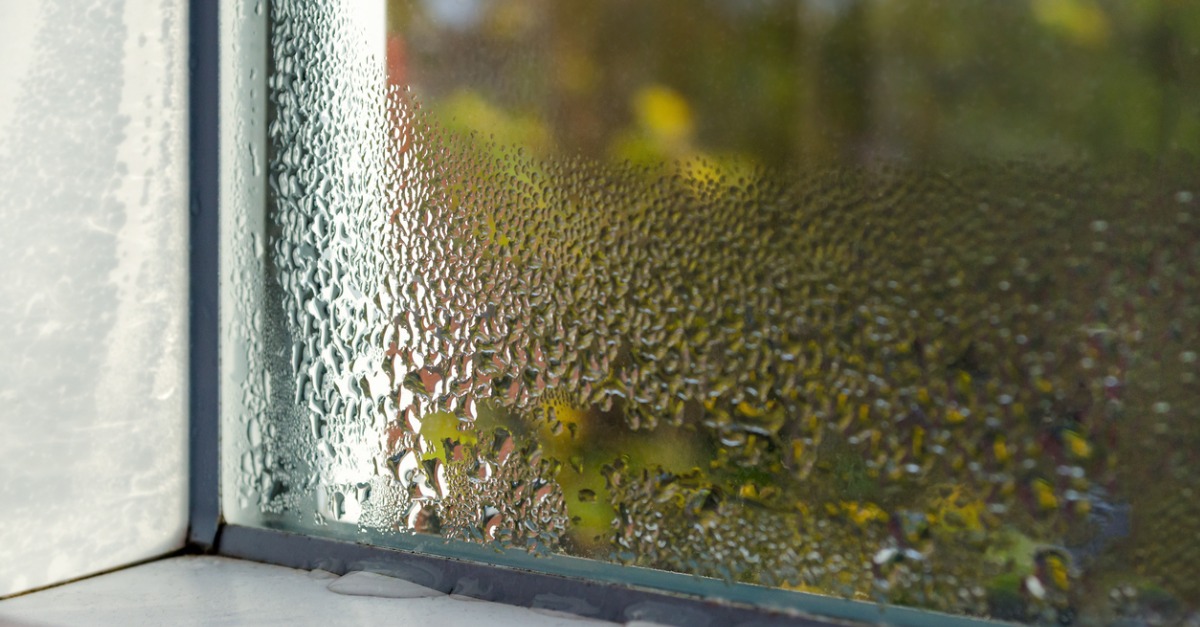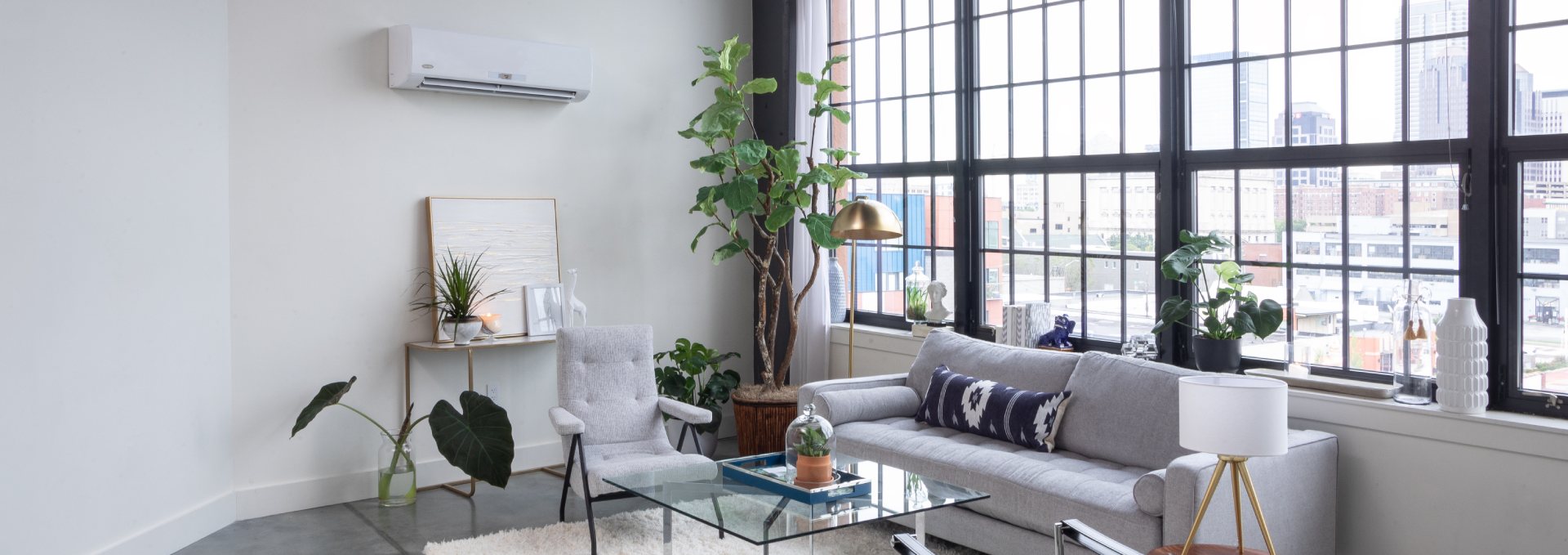
Georgians are no strangers to heat and humidity during the summer months, but increased rain showers (like the ones we’ve had this summer) can add to the humidity. This damp air creeps into your home, making things both wetter and warmer.
We’ve discussed how dry air can have an impact, but too much humidity can also cause mildew or mold, peeling paint, and increase the population of dust mites.
Wondering what to do about the extra stickiness? Cranking up the AC and simply recirculating the air inside won’t necessarily solve your problem.
Ensure Proper Ventilation
Opening a window for natural ventilation obviously won’t help now (as it might in the fall or spring), but spot ventilation can. Examples of common spot ventilators include “range hoods over stoves and bathroom exhaust fans,” the U.S. Department of Energy explains. Be sure these vents lead outdoors, and never into the attic, where moisture and other toxins can collect.
This AC Unit is Too Big
As Bob Vila advises, “Bigger isn’t always better: An oversize window or central AC unit may be the reason for excessive moisture in a home.” The unit’s evaporator coil pulls humidity from the air as the system runs, but if it’s too big it may actually cool your space too quickly. “A longer runtime is needed to dehumidify a home correctly,” Vila explains, which means a runtime longer than 15 minutes.
If you’re unsure whether your unit is the right size for your space, Mitchell Cooling and Heating experts can quickly make an assessment.
Employ Dehumidifiers
Not only can a dehumidifier reduce stress on your air conditioning system, but it may help your health and allergy symptoms, as well.
Allergy triggers include mold and dust mites, which can thrive in moist conditions. According to Healthline, “Drying out the air in your home keeps triggers to a minimum.” They also suggest it may make the air less heavy and more breathable for those with asthma.
If you have a basement, your dehumidifier may pull the most moisture away there. But portable units can also work at the top of a staircase, in a bathroom, or any other room with high humidity.
“Since dehumidifiers continuously draw air in and then expel it during operation, most models should be placed away from anything that would block air flow, such as walls and furniture,” Hunker recommends. It’s important to follow the manufacturer’s instructions, and keep your dehumidifier drained and cleaned, as well.
There are advantages and disadvantages between choosing portable dehumidifiers or whole-home dehumidifiers. Cost is certainly one. But the nature and location of your excess humidity may also determine which system is right for you. Consultation with a professional may shed the best light when it comes to making this decision.
Consider A Zoned System
“Zoning allows home or business owners to save energy and money by not having to heat or cool rooms that don’t need it,” International Energy Conservation Consultants LLC explains. Rather than heating or cooling your space based on feedback from a single thermostat, these take into consideration the temperature and humidity levels in multiple areas.
But to zone an HVAC system requires zone dampers, multiple thermostats, and a zone control panel. It’s best to let the experts advise you about and install this type of system.
Whether you’re considering a whole-home dehumidifier, zoned system, or regular service on your current AC unit, Mitchell Cooling and Heating experts are here to help. Schedule a consultation online or call us for advice 770-995-7585.

